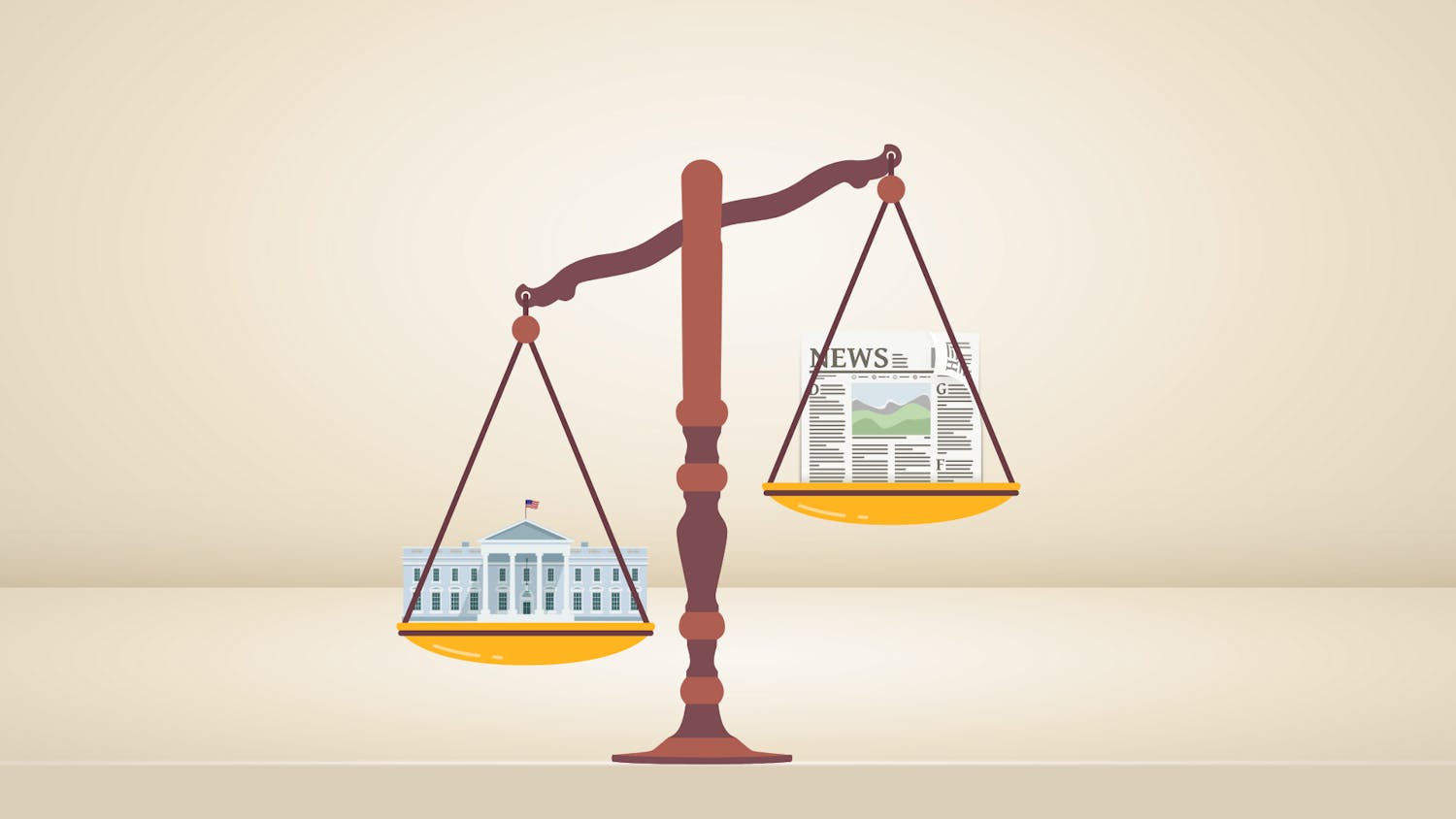If you’ve been on the internet in the past few years, you’ve no doubt read about, witnessed or even participated in cancel culture. Vice defines cancel culture as “a makeshift digital contract wherein people loosely agree not to support a person (especially economically) in order to somehow deprive them of their livelihood.” Lisa Nakamura, a professor at the University of Michigan, described it as “a cultural boycott,” to The New York Times.
A short list of celebrities that have been canceled include: rapper Kanye West, singer-songwriter Shania Twain, film producer Harvey Weinstein and most recently, actor Liam Neeson. Kanye was canceled because of his outward support of President Donald Trump, as was Shania Twain, who suggested she would have voted for Trump if she weren’t a Canadian citizen. Harvey Weinstein was canceled for…obvious reasons, and Liam Neeson was canceled because just last week he told an Independent reporter that he went searching for black men to harm after a friend of his disclosed her rape by a black man to him. Neeson said in an interview that he was fueled by a “primal urge to lash out” and would deliberately go out in predominantly black areas looking for someone to give him a reason to seek revenge.

It’s important to be able to distinguish between the former two celebrities and the latter two. While everyone has a right to decide not to support West and Twain because of their political beliefs, their actions are nowhere near as reprehensible as those of Weinstein and Neeson. Controversial political opinions are not the same as sexually abusing dozens of women over the course of several decades and actively hunting down black men to harm. They just aren’t. Now, some may say that supporting President Trump’s policies actively harms certain groups of people, and that is definitely true, but it still doesn’t make these things equivalent.
Being able to separate the Kanyes and Shanias from the Weinsteins and Neesons is essential to creating effective cultural discourse. If you just lump every cringey word in with sexual abuse and racism, the lines between what is acceptable and what is not will continue to blur and divide us even more. You can’t cancel everyone.
The Voice is intended to best represent the collective opinion of The Editorial Board. It is written by The Setonian’s Editor-in-Chief.





